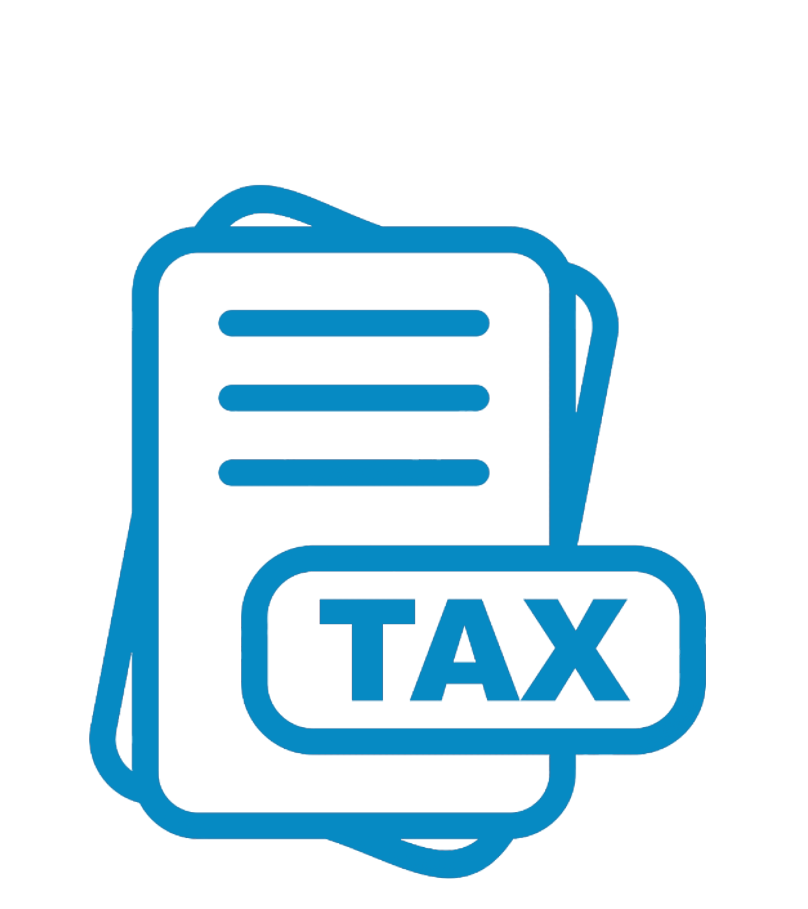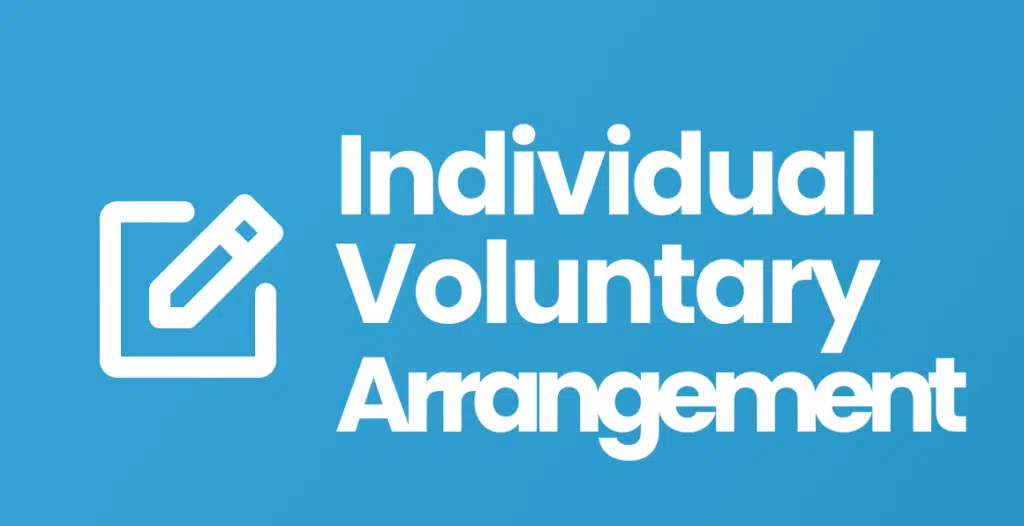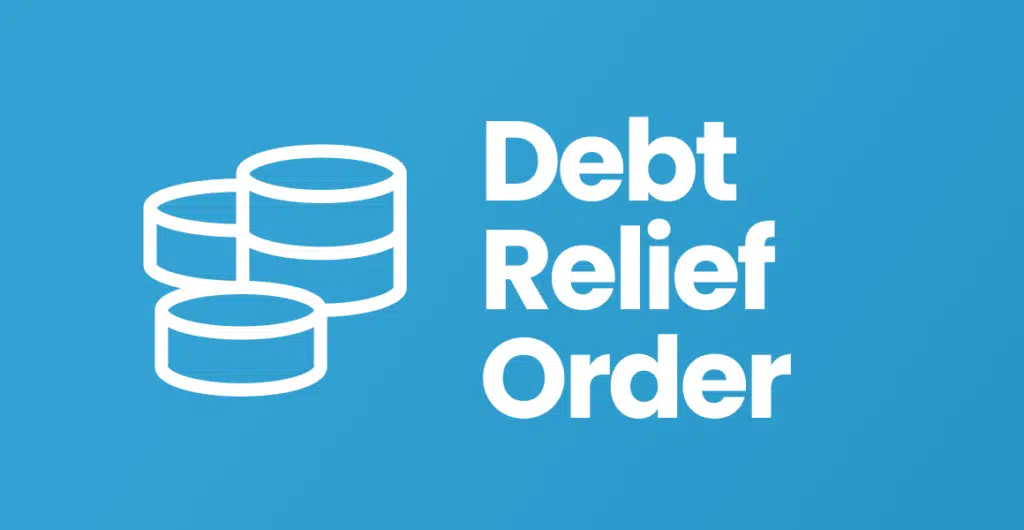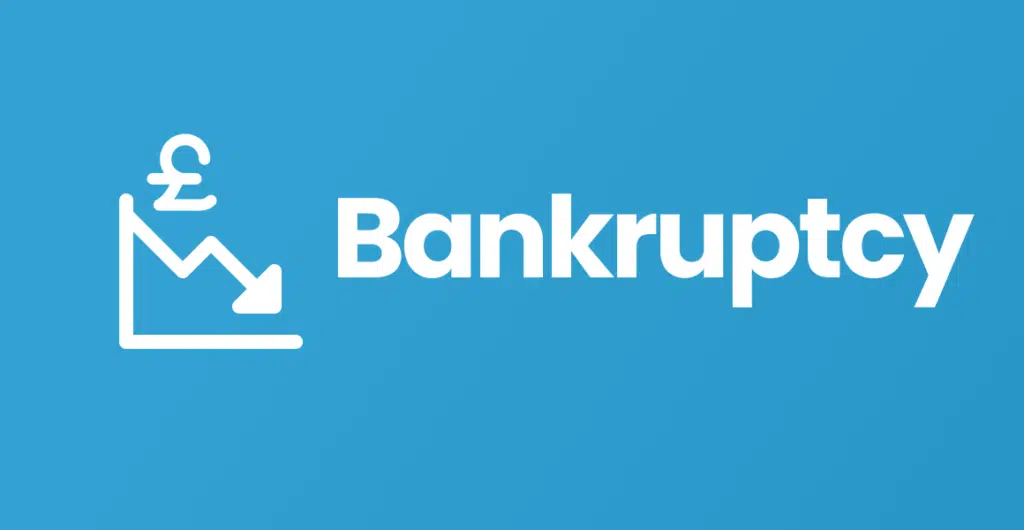
If you have fallen behind on your council tax payments, you could find yourself falling into debt with your local council. This is known as council tax debt and can differ from other forms of debt and arrears payments in a couple of key ways. At MoneyPlus, we’re here to help provide council tax debt help so that you can regain control of your finances and start living better.


If you want to find out more about debt management and receive free debt advice, you can visit the www.moneyhelper.org.uk website. You can also discover more about options for repaying your debt.

Most UK residents are required to pay council tax to their local authority each month. The amount you pay will vary depending on factors such as where your property is located and its valuation band.
Falling behind on these payments can be stressful, but luckily council tax debt help is available. Below, you’ll find answers to commonly asked questions on this topic, and our specialists are here to help you get the support you need.
Is council tax a priority debt?
Council tax is considered a priority bill, meaning it should be taken seriously if you find yourself either unable to pay or falling behind on your council tax payments. If you don’t keep up with payments, the repercussions can be serious. Councils can take severe action against people who fail to pay.
The first step councils will take is to send letters. However, this will escalate to court hearings and bailiff action. If you continue to miss your repayments, you could even face a prison sentence.
Can council tax debt be written off?
Although it’s uncommon, there are certain situations in which you can potentially write off council tax debt.
For this to happen, you’ll need to make a strong case for why you’re not able to pay this tax and why you don’t have a realistic means of coming up with the amount you owe. Under Section 13A of the Local Government Finance Act 1992, councils do have the authority to either lower or completely forgive council tax debts if the circumstances are extreme.
Circumstances that qualify as such might include severe financial problems, disability or acute physical or mental health issues.
There may also be the possibility of writing off council tax debts under a debt solution such as an IVA, Debt Relief Order or Bankruptcy.

An IVA is a formal, legally binding debt solution that lasts for a set period of time, usually 5 or 6 years. It allows you to consolidate your outstanding debts into one affordable payment each month. At the end of the agreement, any remaining debt included in the IVA is written off.

Designed for people with debts totalling up to £50,000, a DRO gives you a 12-month grace period from making debt repayments. At the end of the agreement, you will either restart your debt payments or, if your financial situation hasn’t improved, your debts included in the DRO will be written off.

Available to residents of England, Wales and Northern Ireland, Bankruptcy is a formal insolvency solution that allows you to write off outstanding debts that are included in the Bankruptcy. The equivalent in Scotland is known as Sequestration.
What happens if I don’t pay my council tax debts?
If you get behind on your council tax payments, the first step your local authority will take is to send a reminder notice. This will give you 7 days to pay the money you owe. If you don’t make this repayment in the allotted time, you may be made liable to repay the entire year’s council tax.
Your council will send you no more than 2 reminders over the course of the financial year. If you keep missing payments, your council may decide to start legal proceedings.
Council tax liability order
If you are subject to legal action, this will be in the form of something known as a ‘liability order’ issued by the magistrate court. This is a legal demand for payment, and it can incorporate extra expenses, including legal fees and fees charged by lawyers. You will have the opportunity to plead your case for not paying in court.
Can you go to prison for not paying your council tax?
If you continue to avoid payment following this, it is possible that a court could serve you jail time of up to 3 months due to unpaid council tax debts. However, this punishment is at the extreme end and would only be applied to people who are actively avoiding making council tax payments, rather than those who can’t afford to.
Can I get a reduction on my council tax debts?
If you are finding it difficult to keep up with your council tax payments, there are a number of ways you can seek help.
For example, your council might allow you to split your payments over 12 months, rather than the standard 10.
If you meet certain criteria, you might be offered a one-off discount to make it easier for you to get your finances back on track.
There are also schemes available to help vulnerable households. These include:
- A lower council tax bill if you live alone
- A council tax reduction for households on benefits/low-income households
Can I get help for my council tax debts?
If you’re struggling with your council tax payments and don’t know what to do, you could contact your local Citizen Advice Bureau for advice, or reach out to an independent debt advisor for specialist advice on how to repay your debts and manage your finances.
For further reading visit Money Helper.

Are you struggling with debt?
There are always solutions, no matter what your situation.
At MoneyPlus we understand that every financial situation is different, and approach every customer with the care and individuality that they deserve.
So, get in touch today and start living better with MoneyPlus Advice.

